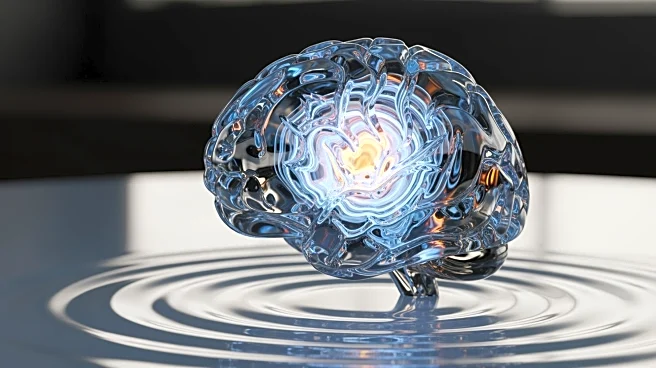What's Happening?
Research led by Yingjie Liu from North China University of Science and Technology has uncovered a brain bias that makes certain lies more convincing. The study, published in JNeurosci, used neuroimaging
to observe brain activity in participants exchanging information with consequences described as 'gain' or 'loss.' Findings indicate that people are more likely to trust false information during 'gain' situations, with brain regions processing reward and risk showing activation. The study also highlights the role of friendship in influencing trust, with synchronized brain activity observed between friends during deceptive exchanges.
Why It's Important?
Understanding the brain's response to deception can have implications for fields such as psychology, law, and communication. The study suggests that the promise of positive outcomes can make individuals more susceptible to lies, which could impact decision-making and interpersonal relationships. This knowledge could inform strategies for improving communication and trust in various settings.
Beyond the Headlines
The research sheds light on the complex interplay between social relationships and cognitive processes, suggesting that interpersonal connections can influence how information is perceived and judged. This could lead to further exploration of how social dynamics affect cognitive biases and decision-making.









